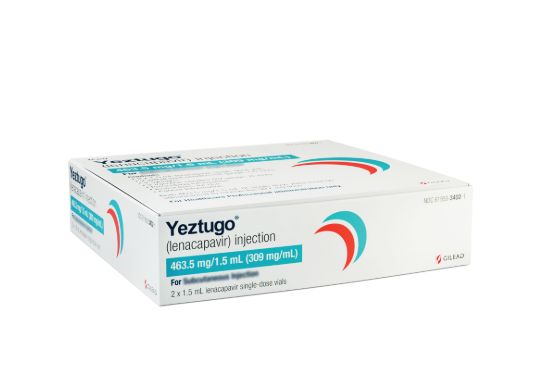KAMPALA — A twice-yearly HIV prevention shot that has shown stunning results in clinical trials will officially arrive in Uganda in 2026, in what experts are calling a “historic turning point” in the country’s decades-long fight against the virus.
The injectable drug, Lenacapavir, developed by U.S. pharmaceutical giant Gilead Sciences, will be introduced under the President’s Emergency Plan for AIDS Relief (PEPFAR) and is expected to protect thousands of Ugandans at highest risk of infection.
Why This Matters
Uganda remains one of the hardest-hit countries in the world. According to UNAIDS, about 1.4 million Ugandans are currently living with HIV, and while progress has been made, the epidemic still claims lives every day:
- 5.1% adult prevalence rate
- 52,000 new infections in 2023 alone
- 17,000 AIDS-related deaths reported last year
Despite widespread use of daily antiretroviral therapy, which now reaches 1.3 million Ugandans, new infections remain stubbornly high — especially among young women and adolescent girls, who account for more than 30% of new cases.
The Science Behind Lenacapavir
Clinical trial data is nothing short of groundbreaking: the injectable prevented over 99% of new HIV infections among high-risk individuals. Unlike daily oral PrEP (pre-exposure prophylaxis), which can be difficult to adhere to, Lenacapavir only needs to be administered twice a year.
“This medicine is an excellent example of how American leadership drives innovation to save lives,” said U.S. Ambassador William W. Popp while announcing the rollout in Kampala.
He emphasized that the breakthrough was made possible through collaboration between Ugandan researchers and American scientists, proving that global partnerships remain vital in the fight against HIV/AIDS.
Access for Millions
The U.S. government and the Global Fund plan to co-finance doses for up to 2 million people across 10 high-burden countries by 2028.
Gilead has also pledged to offer the drug at cost and open its intellectual property to generic manufacturers, ensuring the medication can be produced at scale for developing countries like Uganda.
Ugandan health officials say work is already underway to design a national rollout strategy that guarantees fair and equitable access — particularly for the groups most at risk:
- Young women and adolescent girls
- Pregnant and breastfeeding mothers
- Key populations disproportionately affected by HIV
A Step Toward Ending AIDS by 2030
Global health leaders say the introduction of Lenacapavir could accelerate progress toward ending AIDS as a public health threat by 2030 — a goal Uganda has committed to.
Still, officials caution that new prevention tools alone won’t be enough. Continued investments in awareness, testing, and treatment adherence will remain critical.
“Uganda has made incredible progress, but we cannot afford to lose momentum,” one Kampala-based health policy expert told TPR. “Lenacapavir gives us a new weapon — now we must make sure it reaches the people who need it most.”
✨ Bottom Line: With Uganda preparing to roll out the revolutionary twice-yearly injection in 2026, the country could be on the cusp of rewriting its HIV story — from one of survival to one of prevention and hope.





